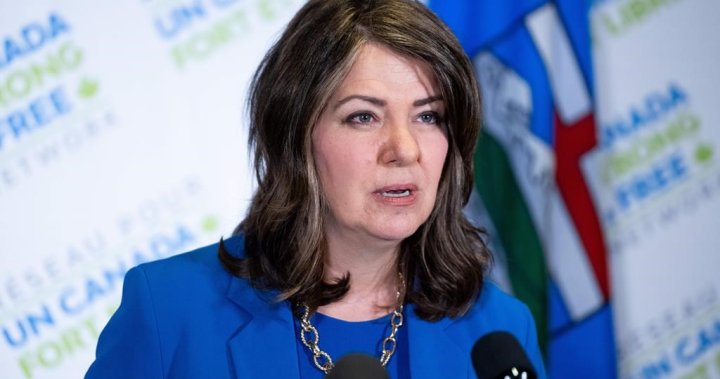The Alberta Municipalities organization, which represents a majority of the province’s population, has not been consulted by the provincial government despite promises to do so before amending a bill that gives the government the power to fire councillors and cancel bylaws. The Municipal Affairs Minister, Ric McIver, had promised consultations but the turnaround time for this appears tight, with Premier Danielle Smith announcing that amendments will be introduced as early as next week. Municipal leaders have criticized the bill as a dramatic overreach of power, with concerns about the government being able to fire councillors in the “public interest.”
The Rural Municipalities of Alberta organization has also raised concerns about the new powers granted in the bill and is calling for tight restrictions on how and when they can be employed. McIver has stated that the new powers will only be used as a last resort and that amendments will be proposed to clarify this. However, opposition critics, such as the Alberta New Democrat municipal affairs critic Kyle Kasawski, are calling for the bill to be withdrawn. They argue that there has not been enough time for proper consultation with over 300 municipalities and that the amendments needed to make the bill acceptable are not yet clear.
The bill has also faced criticism for other provisions, such as allowing political parties to run in Calgary and Edmonton municipal elections and permitting corporate and union donations. The concerns raised by municipal leaders and opposition critics are not new, as similar issues were raised when the bill was first introduced. McIver had previously dismissed these concerns by stating that cabinet would be held accountable by voters at the ballot box if they made a decision to dismiss a councillor without a valid reason. However, the opposition and municipal leaders continue to express alarm at the powers granted to the government in the bill.
Despite the government’s acknowledgment that the bill needs fixing, there is still apprehension from municipal leaders about the lack of consultation and the broad authority granted to the government. The Alberta Municipalities organization has called for more to be done to address these concerns, and the Rural Municipalities of Alberta organization has emphasized the need for stringent restrictions on the use of the new powers. With amendments to the bill set to be introduced next week, there are doubts about the government’s ability to consult with all relevant stakeholders and come up with amendments that address the criticisms raised.
The lack of consultation with municipal leaders and the tight turnaround time for amending the bill has raised concerns about the democratic process and the government’s respect for local governance. Municipal leaders and opposition critics are calling for the bill to be withdrawn and more comprehensive consultations to be held in order to address the concerns raised. The controversies surrounding the bill, including the broad authority granted to the government and provisions allowing corporate and union donations, have sparked a heated debate about the balance of power between the provincial government and local municipalities in Alberta. It remains to be seen how the government will respond to these criticisms and whether the amendments proposed will be enough to satisfy the concerns of municipal leaders and opposition critics.


